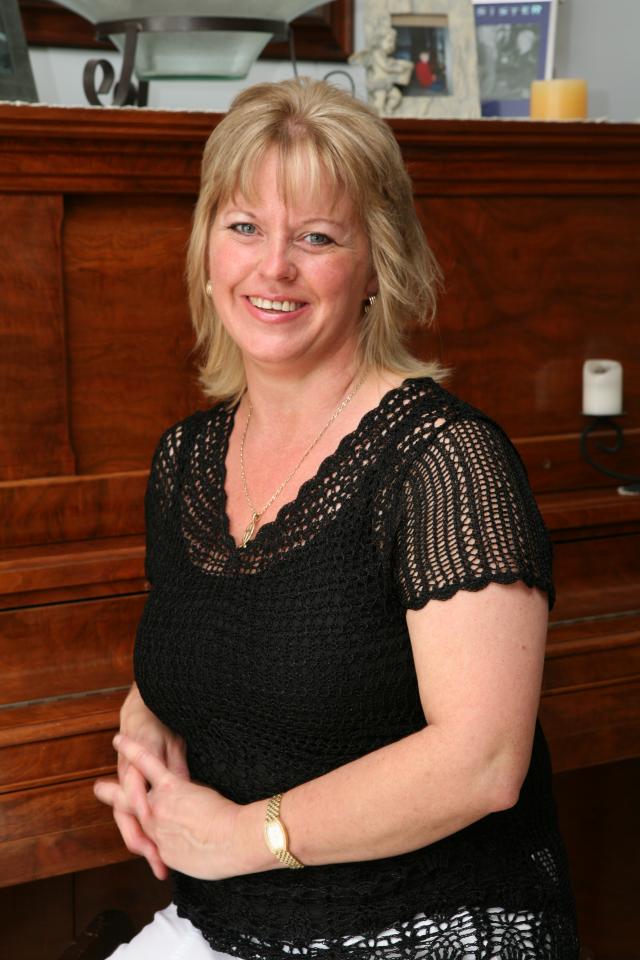Casey former mayor Amanda Stapledon believed she was headed for jail over corruption allegations when she took her own life, a State Coroner has reported.
Ms Stapledon, 58, was found dead in her car near Cranbourne Botanic Gardens on 18 January 2022 – just days after her lawyers received adverse extracts from an Independent Broad-based Anti-Corruption Commission draft report.
At the time, the lawyers had not read the extracts or provided a copy of the extracts to Ms Stapledon.
She left behind letters for family and friends expressing “regret and shame for her actions” as well as concern about losing her home and access to her disabled son Peter.
Ms Stapledon was among several ‘persons of interest’ examined in IBAC’s Operation Sandon public hearings in 2019 and 2020 into alleged corrupt dealings with property developers in City of Casey.
IBAC told Coroner David Ryan that it had not contemplated bringing criminal charges or referring Ms Stapledon for prosecution.
In his report on 6 June, the coroner stated that the uncertainty of criminal prosecution was a “significant stressor which became exacerbated over time”.
He recommended that IBAC review its policies to ensure that it advised witnesses as early as possible that they wouldn’t be prosecuted.
“It is likely that her stress and anxiety would have been appreciably alleviated had she been informed that on the evidence before it, IBAC was not contemplating and did not intend to bring criminal proceedings against her or refer her to any prosecutorial body.”
Coroner Ryan noted that the investigation’s “natural justice process” impacted on when IBAC could inform witnesses.
It had to be balanced by the potential for further evidence coming to light to alter IBAC’s assessment of the witness’s conduct, he stated.
Friends told of a “massive” toll on Ms Stapledon’s mental health and that she “had it in her head that she was being prosecuted and she was going to be sent to jail”.
She was afraid that legal fees would cause her to lose her home, and leave her son without a home, they said.
From late 2019 to 2021, Ms Stapledon regularly met with a psychologist for severe depression and anxiety.
She’d reportedly disclosed suicidal thoughts to the psychologist but said she’d never act on them due to her son and father.
During her examination in March 2020, IBAC provided an on-site counsellor who advised Ms Stapledon they were available to support her.
IBAC conducted a witness risk assessment after she disclosed feeling stress from interactions with its officers.
However, “it was not alerted to and did not identify any concerns about Amanda’s health or welfare or signs or symptoms of distress that warranted further intervention,” IBAC stated.
Coroner Ryan noted that the impact of stress on witnesses “may not always be obvious from their demeanour during an examination”.
“Living with the uncertainty of the potential consequences of an investigation over a prolonged period has the potential to exacerbate the stress of a witness which, although initially well managed, may swell to a point of crisis.”
IBAC witnesses felt isolated due to strict confidentiality provisions, preventing them from discussing evidence with anyone, the coroner noted.
“In some cases, a delicate balance may need to be struck between the potential for an investigation to be prejudiced and the risk of serious mental harm to a witness.”
After Ms Stapledon died, IBAC developed a new witness welfare policy. A State Parliament integrity and oversight committee also reviewed IBAC’s witness welfare management.
Former mayor Susan Serey and property developer John Woodman – who were also publicly examined as part of Operation Sandon – requested a public coronial inquest into Ms Stapledon’s death.
But Coroner Ryan said he was “satisfied that an inquest was not necessary or appropriate”.
He described Ms Stapledon as “warmly remembered” as a “caring and generous person who was dedicated to serving her community” and primary carer for her son.
“She … appeared to be troubled by ‘the disconnect between her values and behaviour’ which had been exposed in the course of the IBAC investigation.”
Lifeline 13 11 14
beyondblue 1300 22 4636







